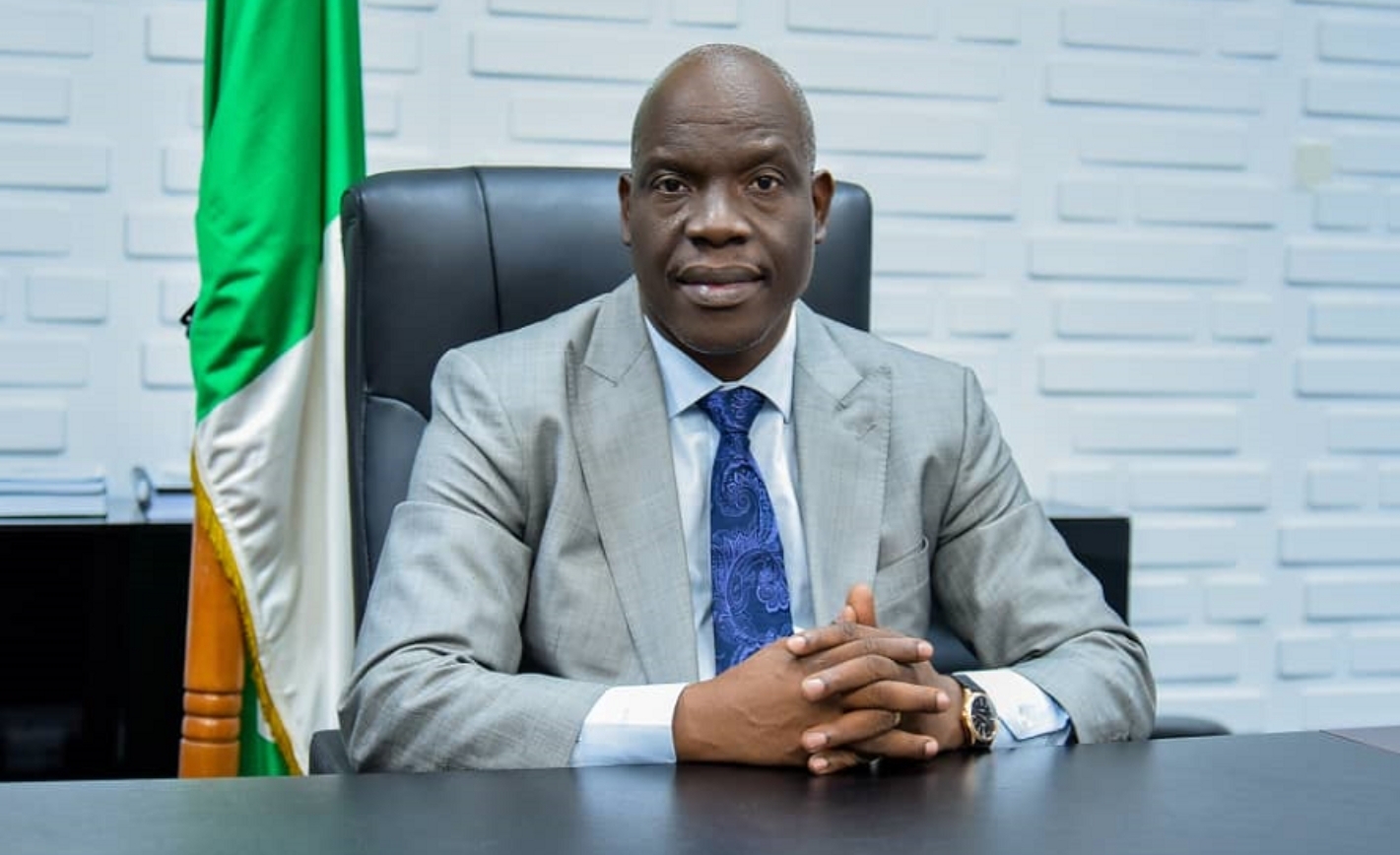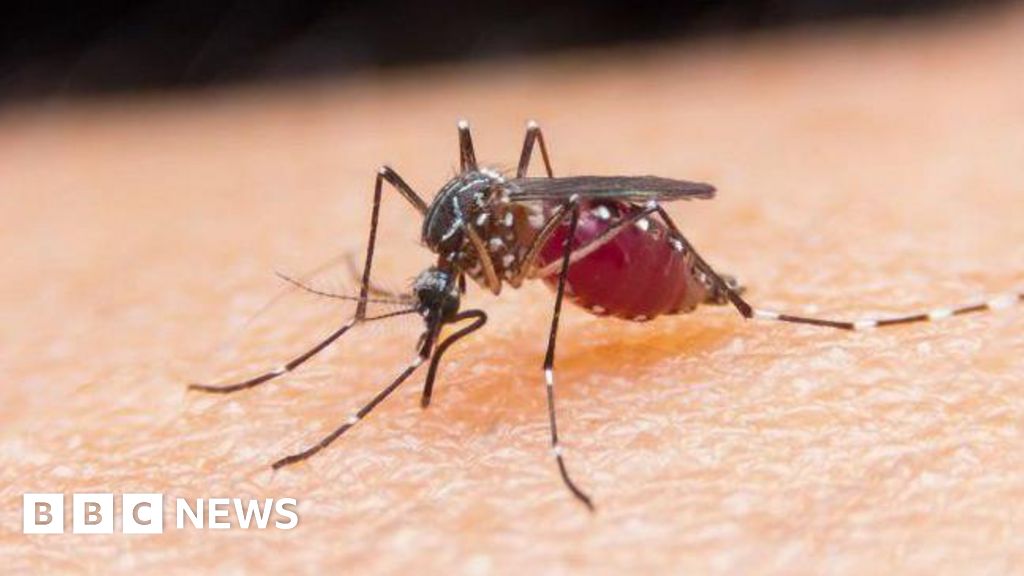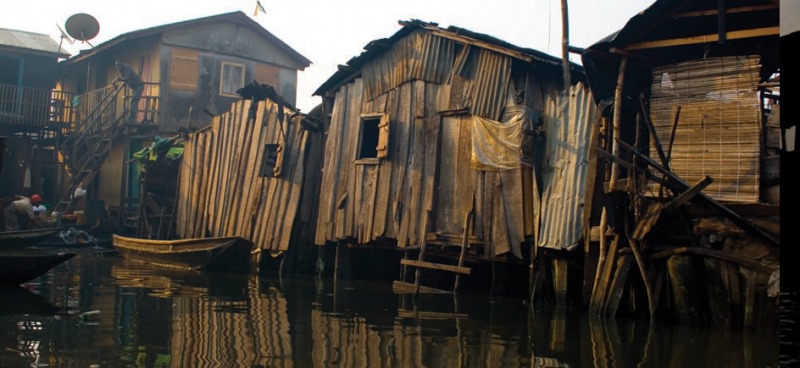Place your adverts here on InfoDig @ low rates; banner ads, sponsored links and guest articles etc. Contact us
The Global Energy Alliance for People and Planet (GEAPP), supported by the Bezos Earth Fund and the Rockefeller Foundation, is launching a solar mini-grid project in Nigeria to combat the country’s chronic power shortages. This initiative seeks to provide reliable energy to underserved communities and boost productivity across the nation.
Founded in 2021, GEAPP, in collaboration with the Ikea Foundation, completed its first interconnected mini-grid in December, with two additional grids under construction and funding secured for a fourth. These solar-powered mini-grids, operated by private developers, supplement the inconsistent national grid, helping to ensure continuous power for both homes and businesses.
GEAPP’s Demand Aggregation for Renewable Technology (DART) program plays a key role by consolidating the needs of multiple developers, which lowers the costs of solar equipment. The program also manages a $25 million finance facility that allows developers to obtain equipment in dollars while repaying in local currency once they begin generating revenue.
Fauzia Okediji, utility innovation manager at GEAPP, highlights the impact of this initiative, saying, “Underserved communities need reliable power for both homes and businesses.” Similarly, Muhammad Wakil, GEAPP’s Nigeria country lead, emphasizes the broader potential of this model, stating, “We need hundreds or thousands of projects like this across Nigeria to end energy poverty. We’ve proven it’s a viable business model.”
Nigeria’s Ongoing Power Struggles
Nigeria faces some of the worst electricity access issues globally, with 86 million people completely disconnected from the grid, while the rest of its 230 million population struggles with limited and unreliable supply. The national grid delivers only 4,000 megawatts of electricity—just a fraction of South Africa’s output, despite Nigeria’s much larger population. Frequent outages and grid collapses have deepened the country’s energy crisis, with nine total grid collapses so far this year, three of which occurred in the last week alone.
Harnessing Solar Power Potential
Nigeria, with its abundant sunlight averaging six hours daily, has immense potential for solar energy. Estimates suggest that the country could generate up to 427,000 megawatts from solar power alone. In addition to GEAPP’s efforts, the Rural Electrification Agency (REA) is set to launch a new $750 million rural electricity project next month, funded by the World Bank, aimed at providing electricity to an additional 17.5 million Nigerians.
This combination of global partnerships, private sector initiatives, and government programs offers hope for resolving Nigeria’s long-standing energy challenges and driving economic growth across the nation.






)





)


 English (US) ·
English (US) ·